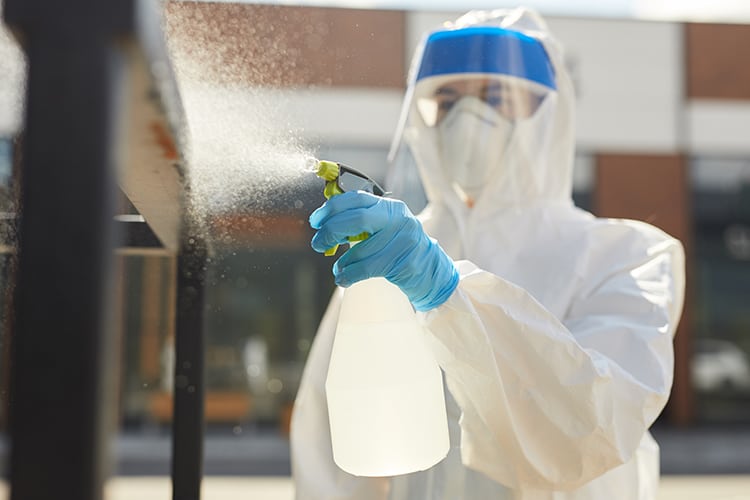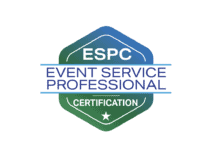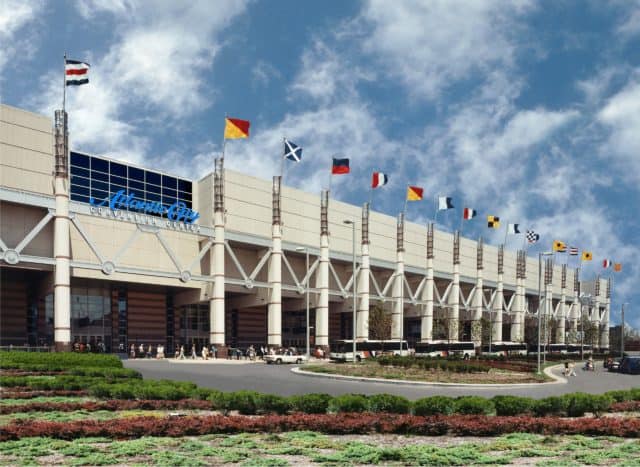 Amid the COVID-19 pandemic, event planners and convention service managers (CSMs) have had to adapt quickly, and the Event Service Professionals Association (ESPA) has stood ready to help. As face-to-face meetings return, collaboration between planners and CSMs will be critical as in-person meetings resume.
Amid the COVID-19 pandemic, event planners and convention service managers (CSMs) have had to adapt quickly, and the Event Service Professionals Association (ESPA) has stood ready to help. As face-to-face meetings return, collaboration between planners and CSMs will be critical as in-person meetings resume.
In light of this, ESPA has designed the COVID-19 Services Recovery Roadmap: A Guide for Event Service Professionals to help CSMs navigate the new landscape with their meeting planner clients. The guide identifies new and changing services that CSMs from hotels, convention and conference centers, as well as convention and visitors bureaus (CVBs), will need to consider.
Event service professionals are resourceful and highly skilled problem solvers with a broad and detailed knowledge of their destination and venue/hotel. Their expertise and perspective will help guide planners as questions and challenges arise.
Here are 10 practices CSMs can implement to help event planners:
- Survey the space and identify ways physical-distancing setups will work within the designated area and identify ways to streamline traffic flows.
- Expand setups to take advantage of nontraditional, outdoor and public spaces, when possible.
- Assist in sponsorship opportunities and marketing support such as digital resources (maps, photos, video content, virtual tours or city fun facts).
- Evaluate budget shifts to audiovisual to allow for live streaming and enhanced content delivery.
- Vet vendors to ensure responsible partnering, making sure vendors and suppliers are taking the proper precautions to keep guests and staff safe.
- Confirm new safety and sanitizing practices are in place, such as whole-room fogging sanitization or electrostatic cleaning, as well as mandating face coverings, temperature screening stations, specialized cleaning for high touch areas and recommending cashless transactions for concessions.
- Support attendance building by identifying local companies as prospective attendees, hosting virtual happy hours, incentivizing attendance and suggesting virtual attendance builders, such as zoom backgrounds for pre-event webinars, digital postcards and social media promotion.
- Consult on streamlined registration services, such as staggering arrival times, minimizing on-site presence at traditional staffed tables and offering pre-stuffed bags rather than individual items.
- Determine cleaning protocols for transportation vehicles, as well as pick-up options and ride sharing.
- Communicate local safety practices, local COVID-19 guidelines and requirements and following local initiatives for safe meetings and clean spaces.
“ESPA’s checklist is meant to be an evolving document and a toolkit, serving as a central resource for updates on event recommendations and safety protocols as we navigate the ‘new normal’ and continue to provide support to planners,” said Paola Bowman, CMP, CMM, destination services manager, Arlington Convention and Visitors Bureau, who led development of the guide.
COVID-19 stopped meetings and events in its tracks, but the industry will undoubtedly recover. Throughout the pandemic, CSMs have managed to readjust and remain resilient, proving that the industry will survive.
About the Author
Jamie Huckleberry has been in the events industry since 1996. Following graduation from East Stroudsburg University, with a major in recreation and leisure services management, she joined ASM Global (formerly SMG) and has been a part of ASM since 1998. Huckleberry began her career as an event manager with the Atlantic City Convention Center and after a few years, relocated to the David L. Lawrence Convention Center (DLCC) in Pittsburgh. She has been with the DLCC since 2002 where she began managing events before the building was even constructed and continued throughout its official grand opening in 2003.
You Might Also Be Interested In









